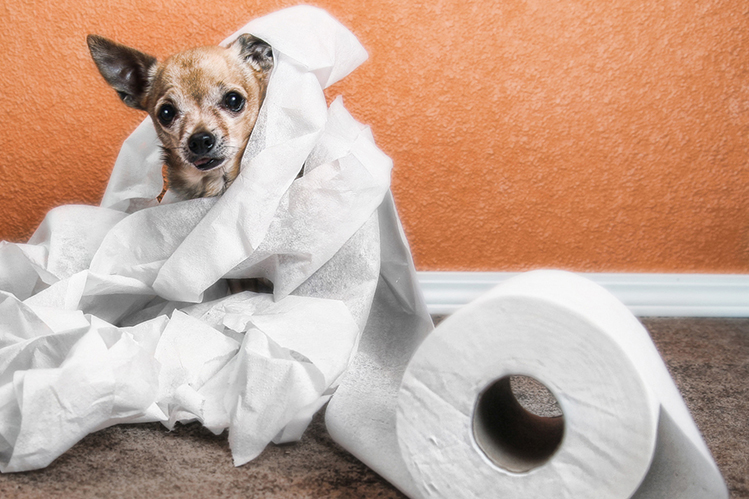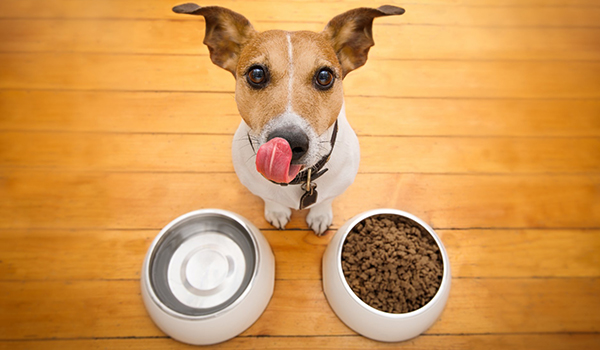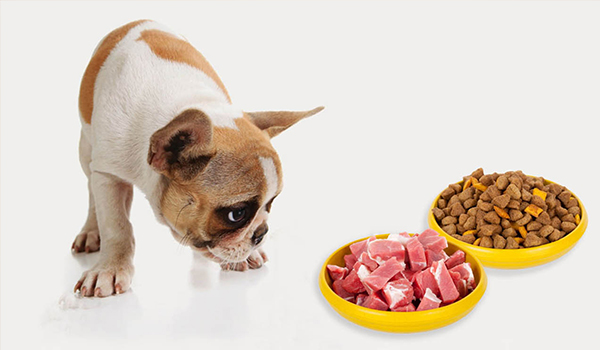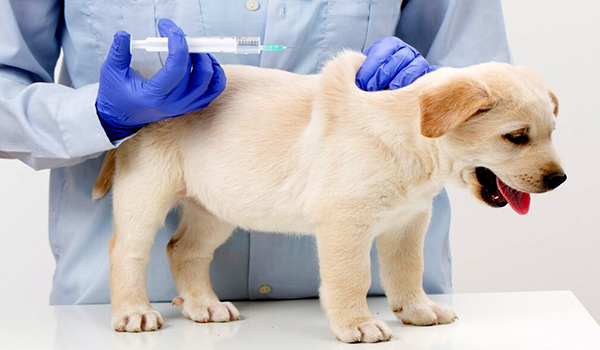
Diarrhea is one of the most common health problems in dogs. While an occasional loose stool may not be serious, persistent or severe diarrhea can signal a deeper medical issue. Here’s what every dog owner should know about the causes, treatment, and prevention of diarrhea in dogs.
What Is Diarrhea in Dogs?
Diarrhea is the passage of loose, watery stools more frequently than normal. It can range from mild and short-lived to severe and life-threatening. Because it can quickly lead to dehydration, it’s important to monitor your dog closely.
Common Causes
Dog diarrhea can happen for many reasons, including:
- Dietary indiscretion: Eating spoiled food, garbage, or foreign objects.
- Abrupt diet change: Switching food too quickly.
- Food intolerances or allergies.
- Parasites: Such as roundworms, hookworms, giardia.
- Infections: Bacterial or viral (parvovirus, distemper).
- Medications: Antibiotics or other drugs can upset the gut.
- Stress: Boarding, travel, or household changes.
- Underlying disease: Pancreatitis, liver or kidney problems, inflammatory bowel disease, cancer.
When to Call the Vet
Mild diarrhea for one day may pass on its own. But you should call your veterinarian if your dog has:
- Diarrhea lasting more than 24–36 hours
- Blood or black/tarry stools
- Vomiting along with diarrhea
- Fever, lethargy, or severe pain
- Signs of dehydration (dry gums, sunken eyes, reduced urination)
- A puppy, senior dog, or dog with chronic illness
These cases can become emergencies, especially for very young or small dogs.
At-Home Care for Mild Cases
If your dog is otherwise healthy and has mild diarrhea:
- Withhold food for 12–24 hours (but not water) to let the gut rest.
- Offer small amounts of water or an electrolyte solution to prevent dehydration.
- Feed a bland diet once stools start to firm: plain boiled chicken or turkey with white rice, or a prescription gastrointestinal diet recommended by your vet.
- Gradually return to normal food over 2–3 days.
Always consult your veterinarian before giving over-the-counter medications.
Veterinary Treatment
Depending on the cause, your vet may recommend:
- Stool tests to check for parasites
- Blood work or X-rays for underlying conditions
- Prescription medications (antidiarrheals, antibiotics, probiotics)
- Fluid therapy if your dog is dehydrated
- A special diet for sensitive stomachs
Prevention Tips
- Introduce new foods slowly (over 7–10 days).
- Keep garbage, toxic foods, and foreign objects out of reach.
- Keep up with regular deworming and vaccinations.
- Reduce stress when traveling or boarding.
- Schedule regular vet checkups.
Bottom Line
Diarrhea in dogs is common but can sometimes signal a serious problem. Monitor your dog’s condition, provide supportive care for mild cases, and don’t hesitate to see a veterinarian for persistent or severe symptoms. Prompt attention can prevent complications and keep your dog healthy and comfortable.




